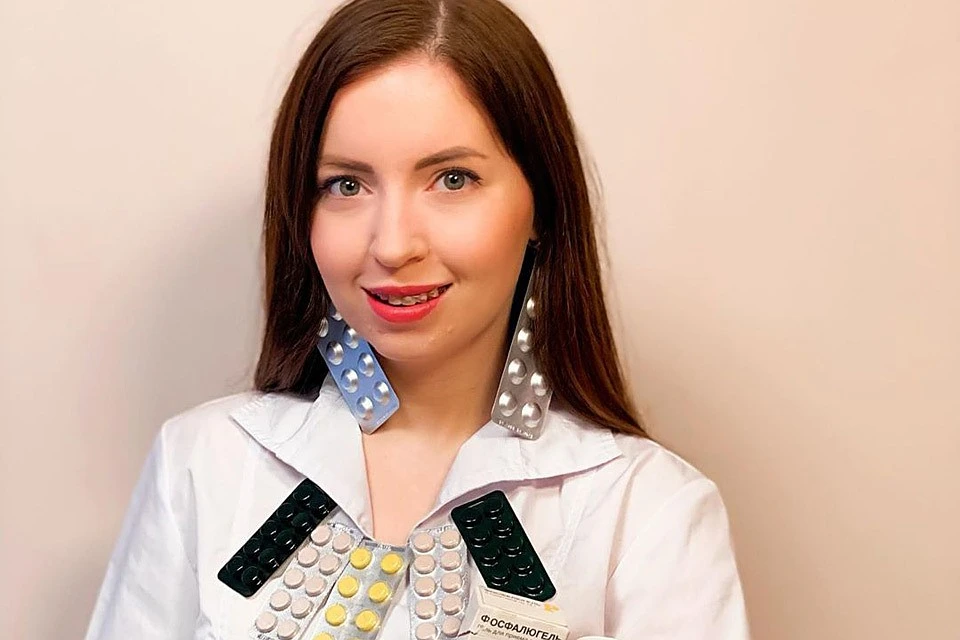
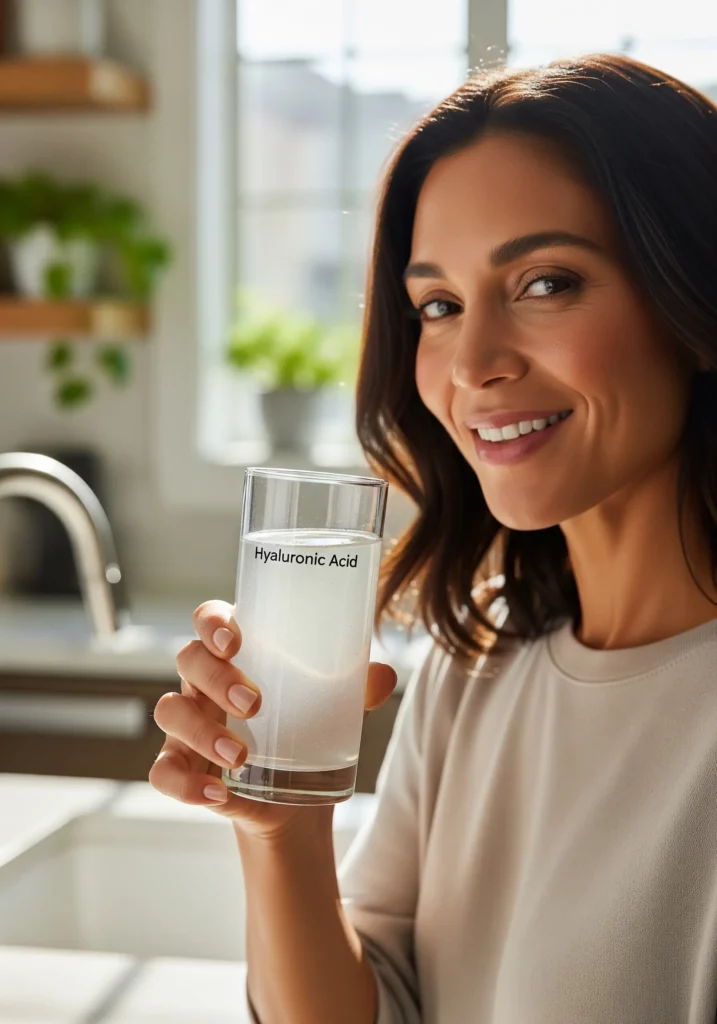
Hyaluronic acid (HA) is known as one of the main ingredients in cosmetics for skin hydration.
However, in recent years it has been actively studied as a nutraceutical that can affect the condition of skin, joints, and even mucous membranes when taken orally.
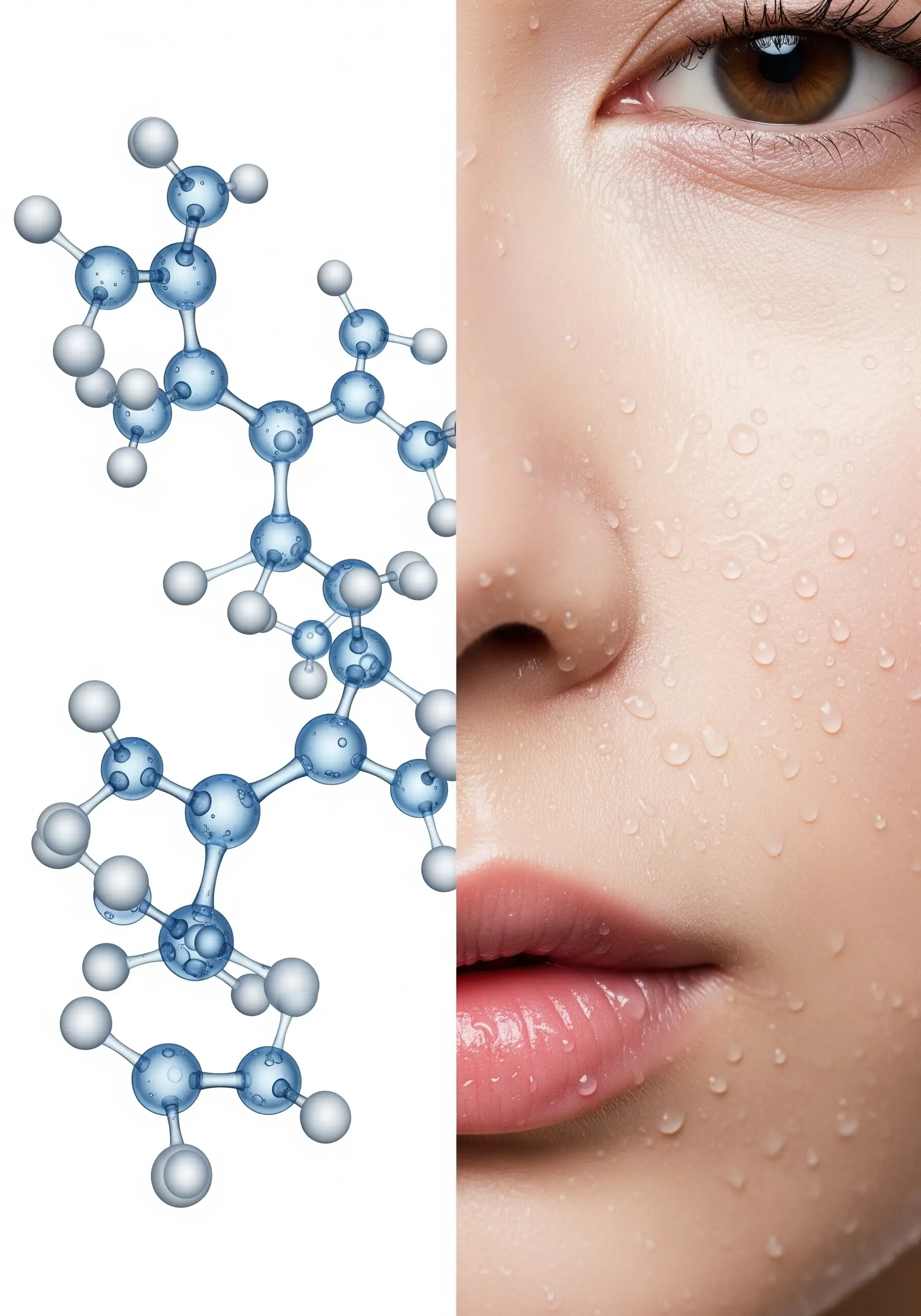
At the Vitafoods Europe 2025 exhibition, new forms of hyaluronic acid for nutraceuticals were presented: capsules, drink powders, and functional gummies.
This reflects the shift from cosmetics applied externally to the concept of “beauty from within”.
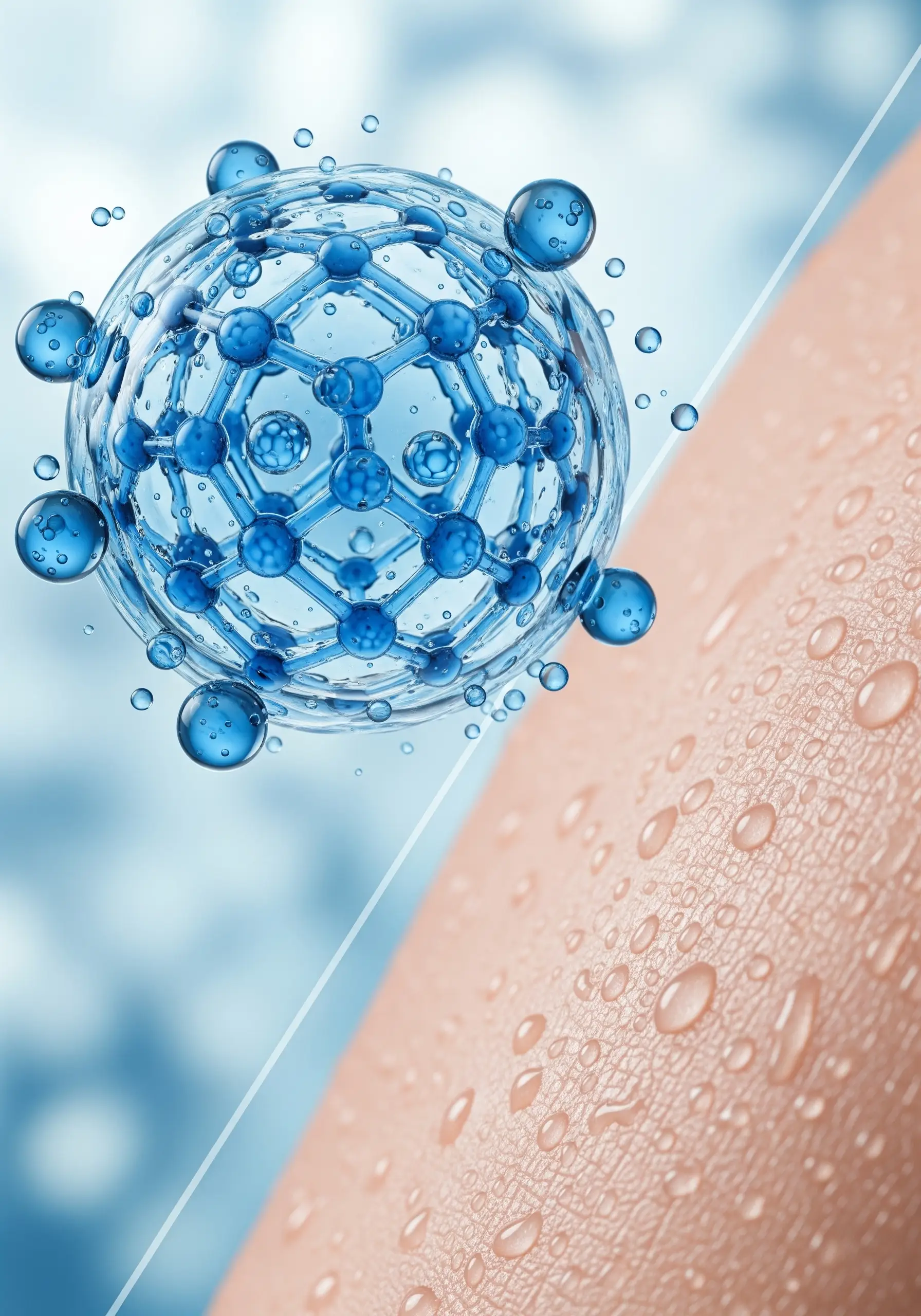
What is Hyaluronic Acid?
HA is a natural polysaccharide found in connective tissue and is a key component of the extracellular matrix.
- One HA molecule can bind up to 1,000 water molecules.
- It participates in hydration, tissue regeneration, and maintaining skin elasticity.
- With age, HA levels decrease, resulting in dryness, wrinkles, and reduced skin tone.
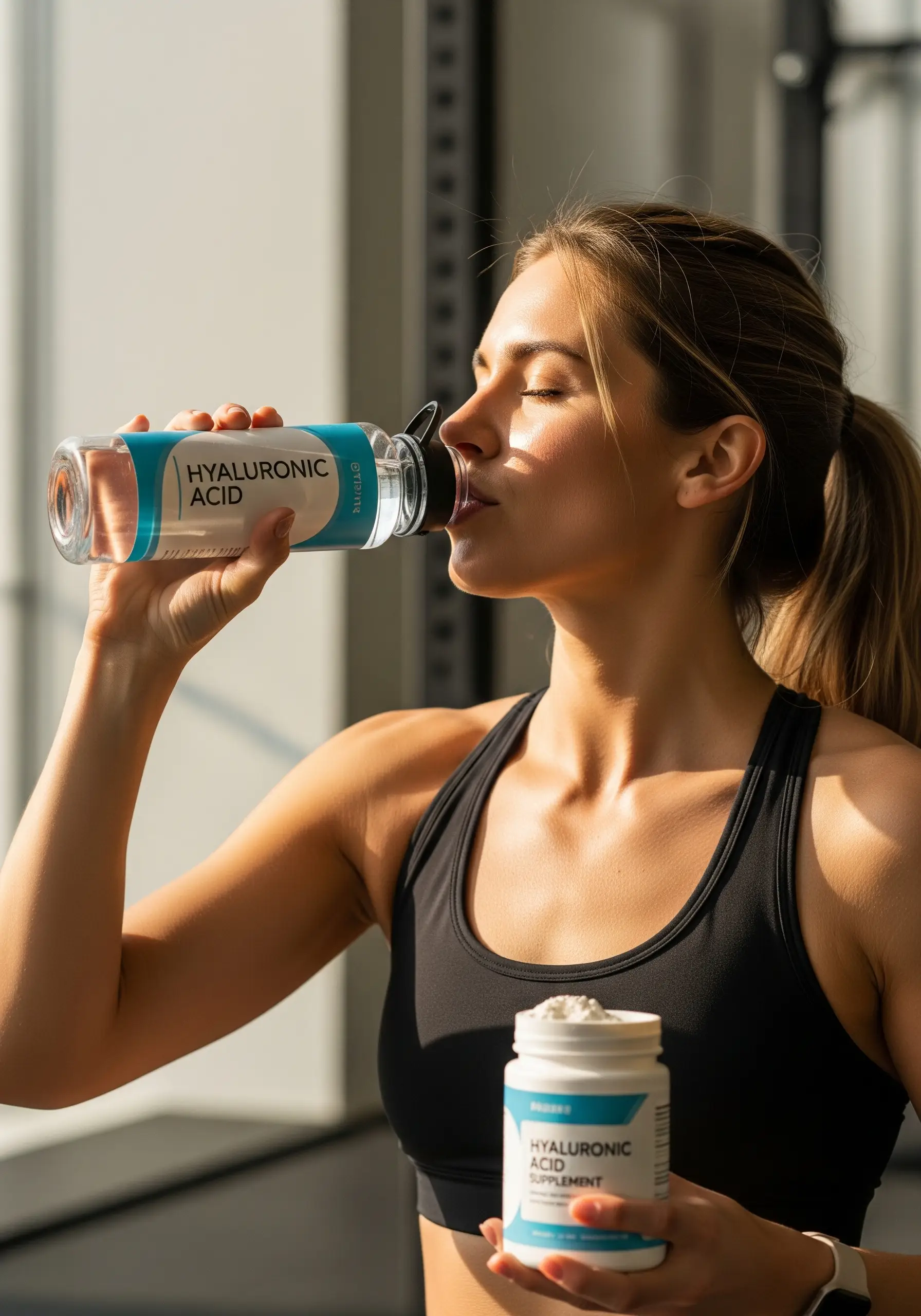
Evidence of Oral Efficacy
- In the study by Oe et al., 2017, oral intake of HA at 120 mg/day for 12 weeks improved skin elasticity and hydration.
- Borumand & Sibilla, 2014 showed that a combination of HA with collagen and antioxidants reduces fine wrinkles.
- Besides cosmetic effects, HA may aid joint recovery in osteoarthritis (Chen et al., 2021).
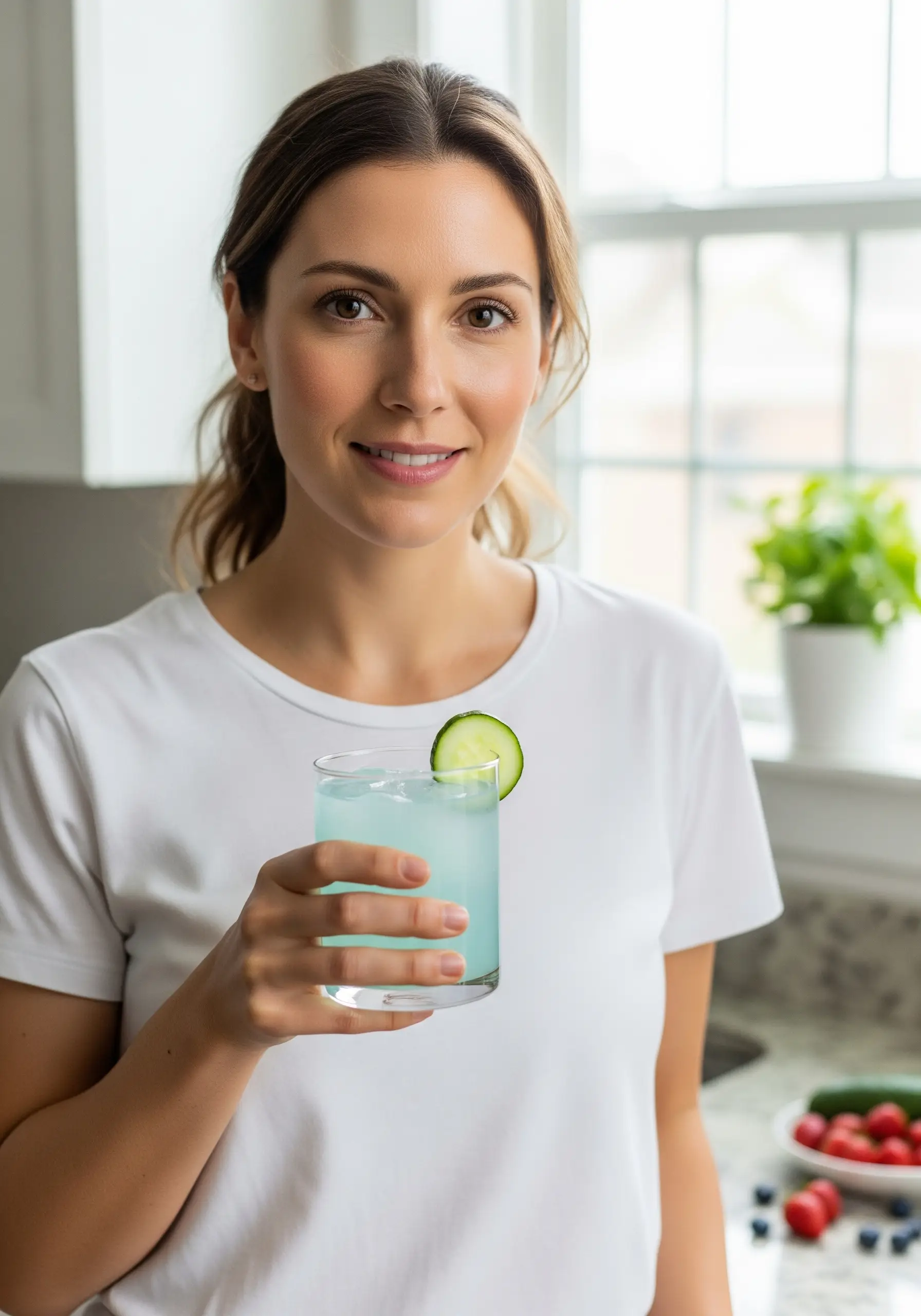
Table 1. Benefits of oral hyaluronic acid
| Area | Effect | Study |
|---|---|---|
| Skin | Hydration, elasticity, wrinkle reduction | Oe et al., 2017 |
| Joints | Reduced osteoarthritis pain, improved mobility | Chen et al., 2021 |
| Mucous membranes | Hydration of eyes, mouth, vagina | Kawada et al., 2014 |

New Forms in Nutraceuticals
Thanks to innovative delivery systems, HA is no longer just an injectable or cosmetic ingredient. Now it is available in:
- Capsules with high bioavailability;
- Gummies for daily intake as a “beauty snack”;
- Powders for drinks with berry or citrus flavors.
This expands the possibilities of HA use for people of different ages and lifestyles.
Table 2. Modern forms of hyaluronic acid in nutraceuticals
| Form | Target audience | Features |
|---|---|---|
| Capsules | People 30+ | High dosing precision |
| Gummies | Youth, women | Convenience, pleasant taste |
| Drink powders | Athletes, office workers | Combination of hydration and beauty |
| Combined formulas | People 40+ | Synergy with collagen and vitamin C |
FAQ — Frequently Asked Questions
1. Can HA work from within?
Yes, clinical studies confirm that oral HA improves skin and joint condition.
2. How much hyaluronic acid should be taken daily?
Optimal dose: 120–200 mg/day, depending on the form and health status.
3. Can HA be combined with collagen?
Yes, this is a common nutraceutical approach that enhances skin and joint benefits.
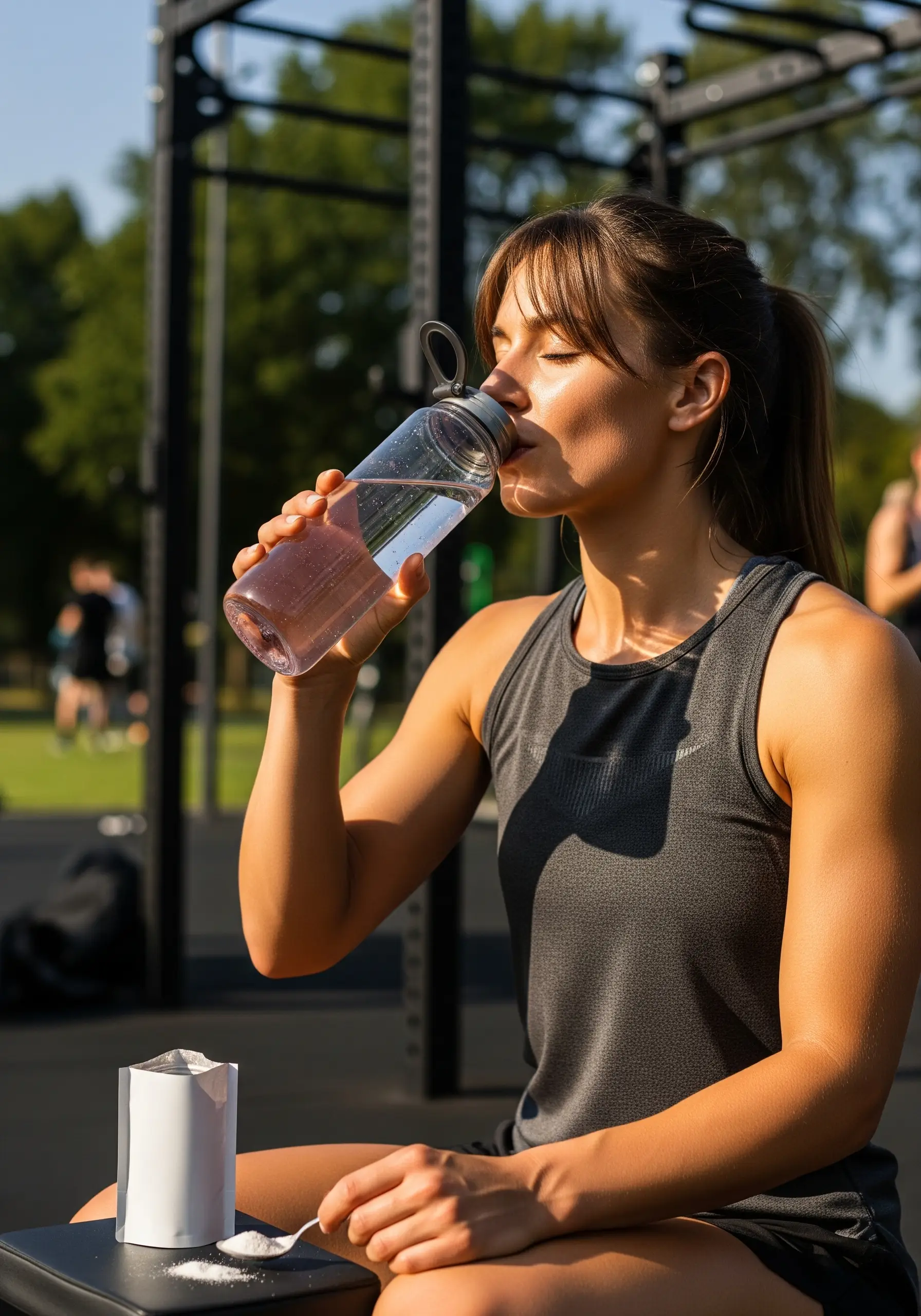
Conclusion
Hyaluronic acid has become more than just a cosmetic ingredient.
It has evolved into a modern nutraceutical that helps support hydration and the health of skin, joints, and mucous membranes from within.
Thanks to new delivery systems, HA is accessible and attractive to a wide audience, confirming the trend “beauty from within”.
References
- Oe M. et al. Oral hyaluronan relieves wrinkles and improves skin condition. Clin Cosmet Investig Dermatol. 2017.
- Borumand M, Sibilla S. Effects of a nutritional supplement containing collagen, hyaluronic acid, and antioxidants on skin elasticity and wrinkles. Clin Interv Aging. 2014.
- Chen J. et al. Oral hyaluronic acid relieves knee pain in patients with osteoarthritis. Nutrients. 2021.
- Kawada C. et al. Ingested hyaluronan moisturizes dry skin. J Clin Biochem Nutr. 2014.
- EFSA Panel on Dietetic Products, Nutrition and Allergies. Scientific opinion on the safety of hyaluronic acid. EFSA Journal. 2011.

